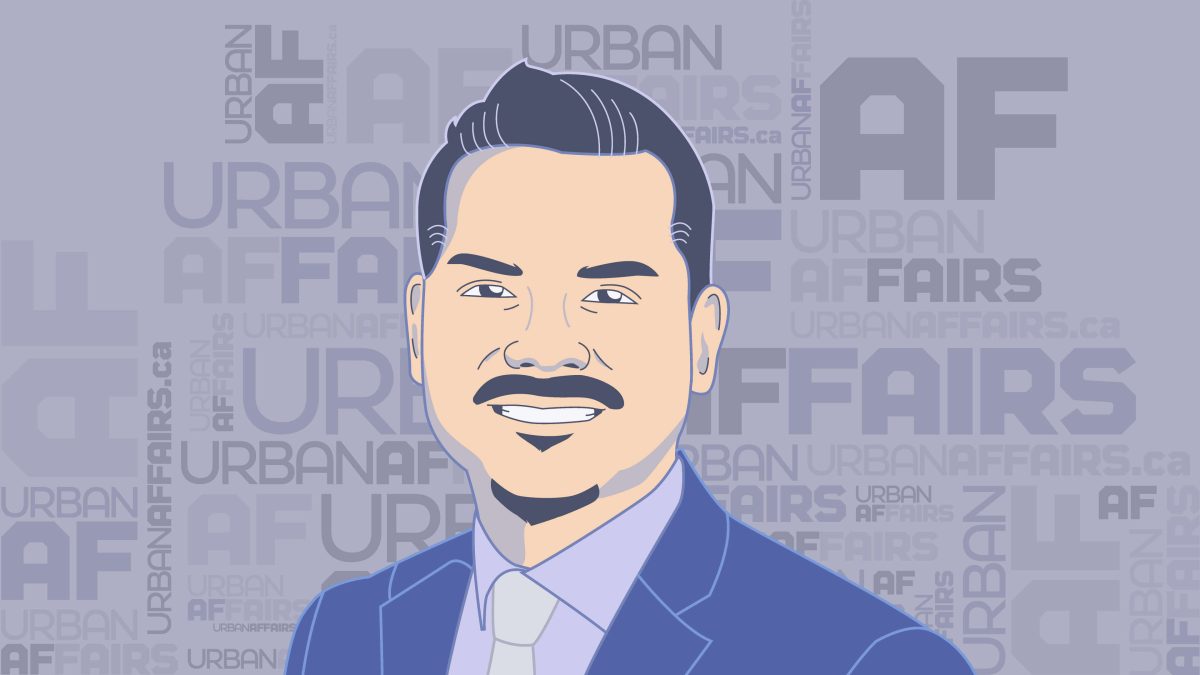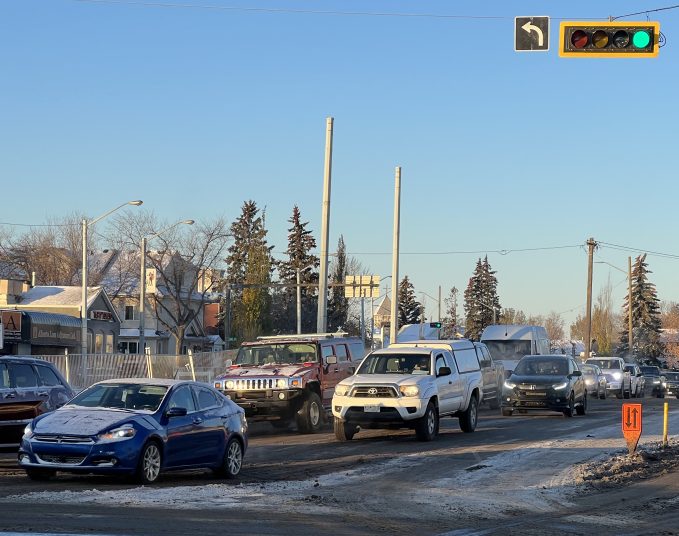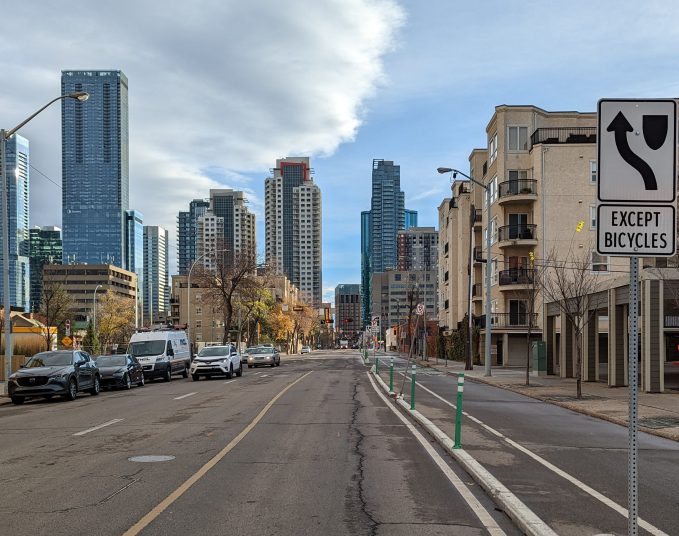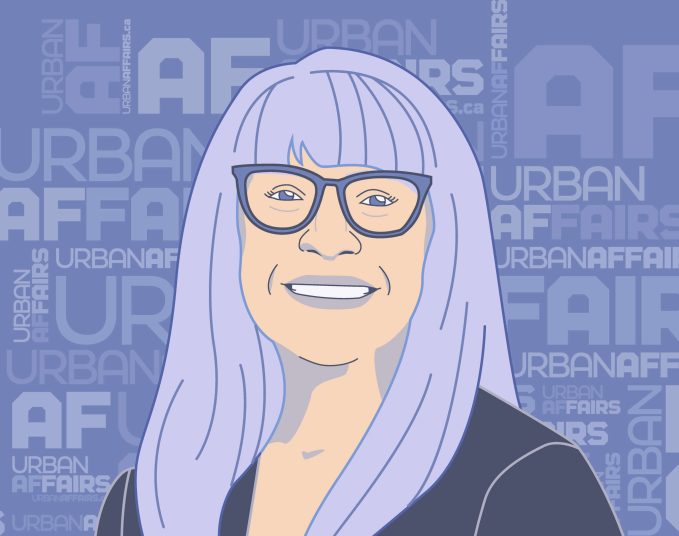From filling up the tank to the produce aisle at the grocery store, there’s no doubt you’ve noticed how much prices have shot up over the last year.
Contractors are only guaranteeing estimates for a couple of weeks. Supply issues have plagued a number of industries.
But it’s also affecting governments, especially at the municipal level, where city, town and county councils can’t run debts like the province and federal governments can. Alberta’s Municipal Government Act states that the City of Edmonton can only have a total debt “two times the revenue of the municipality,” and that debt servicing can’t be more than 0.35 times revenue.
So, without getting too far into the weeds, we are in the midst of a perfect storm. Residents consistently push for the City not to raise their property taxes. The City can’t rack up debt. But, inflation is driving up the cost of not only new projects, like the planned Lewis Estates recreation centre, but general maintenance, too.
“When you have a province that takes money away from policing, that takes money away from infrastructure… then you start seeing the impacts on city streets.”
And, Edmonton’s population is growing.
As City Council prepares its budget, Ward Dene Coun. Aaron Paquette says the only choice it has is to cut “into the bone” of services.
Last year, Edmonton property taxes went up by 1.8 per cent. The year before, they were untouched, as the City tried to ease the burden that COVID had placed on ratepayers.
To catch up, what the City should be taking in terms of taxes might make you sit down.
“It’s usually inflation plus population growth, but if we did that this year, the rate [increase] would have been 9.2 per cent,” says Paquette. “But that tells you that the City’s spending power has decreased, and we’ve been doing it year after year after year.
“Trimming the fat? We’re into the bone. And people notice it. They notice it with their services. And that’s the No. 1 thing I hear in my ward: ‘When I walk out my front door, I want to see my tax dollars at work.’ But we’re operating on the last vestiges of the shoestring.”
And then the paradox takes effect. The taxpayers who want the line held on taxes make calls about snow removal issues or if the grass is too long at the local soccer field.
“There’s a point where you hit diminishing returns on tax decreases, that, when it cuts into service too much, people resent every dollar that they’re paying.”
Even though taxes have not been slashed, Paquette says they’ve effectively decreased because the rate that they increase has not matched the inflation rate.
He believes that Edmonton needs to have better relationships with both the federal and provincial governments, especially in a time when costs are going up at a rate much higher than revenue.
“No municipality in Canada can exist on its own. Because municipalities are legislated under provincial law, we require provincial funding to operate. We require federal funding to be actually able to build the infrastructure projects. There has to be a healthy relationship there. But when you have a province that takes money away from policing, that takes money away from infrastructure, when they start reducing supports for mental health, then you start seeing the impacts on city streets. But do people blame the other levels of government? Of course not.”
Paquette says the lack of money being invested into mental-health supports and addiction treatment means that more is actually being spent on the long run. It costs less to treat people for addiction than to have them treated over and over in emergency wards. And, once a person is arrested, the costs skyrocket. Incarceration is expensive.
“It’s just fiscal sense. Frankly, I don’t care that other people may think that those with addictions have a moral failing. What does that have to do with the money? Nothing. Doing the right thing saves money. It saves lives. And some of the people you treat go on to get educated, have productive lives and they become taxpayers.”
Another big part of the budget goes to transit. Paquette has advocated for free transit in the past, and he believes that fares have already gone too high. He’s blunt. He doesn’t think the service is frequent enough, or extensive enough, to justify the jacking of fares.
“Every budget, it’s, ‘increase fares, increase fares.’ I already think we’re on par with New York City when it comes to fares.” (We checked; New York’s monthly pass is more expensive than Edmonton’s, but its single-ride fares are cheaper).
“Transit was ignored for a generation,” said Paquette. “First, they took out all the trolleys, for roads, and now we’re basically reinstalling trolleys with the Valley Line train. It’s bizarre.”
He said the tried-but-not-so-true method of basing transit funding on 50 per cent fares, 50 per cent subsidy, is “weird.”
“We don’t do that with fire departments, we don’t do that with police, we don’t do that with any other service.
“With that model, what do we have in Edmonton? We have a system that cannot even grow because we don’t have any more garage space. We can add 13 more buses, if we are creative and pack them in. That’s it. That’s all because of past decisions of the past 20 years.”
Savvy AF. Blunt AF. Edmonton AF.




